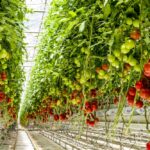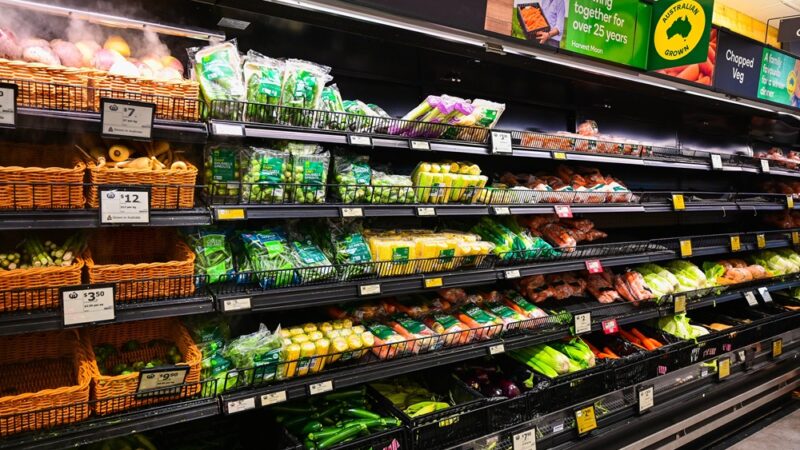In 1928, Tony Costa – a migrant from an old winemaking family in Italy – opened…
Perishable goods: putting words into action
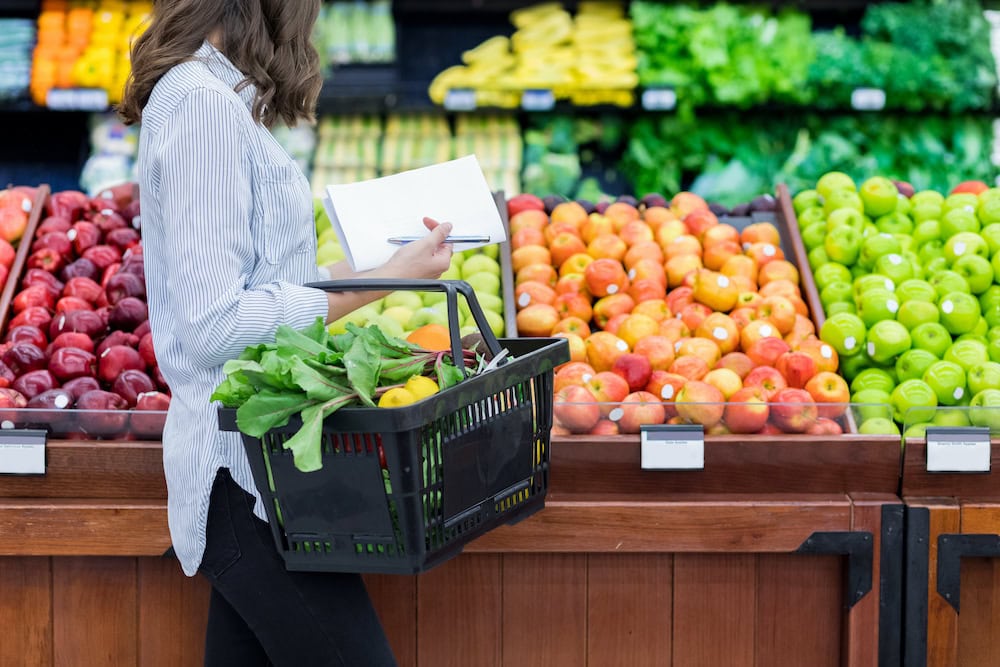
The recommendations like an economy-wide prohibition on unfair trading practices and strengthening the Food and Grocery code was music to the ears of poultry, dairy, fruit and vegetable farmers.
In a statement issued after the inquiry report’s release, ACCC Deputy Chair Mick Keogh said the dominance of markets for agricultural goods by just a few processors or wholesalers, and even fewer major retailers, made farmers especially vulnerable.
That vulnerability was highlighted during the submissions process. Only 35 of the more than 80 written and oral submissions have been made public, and the rest are being kept confidential to protect farmers and suppliers from being punished for speaking out.
But has there been any action since the release of the ACCC’s Perishable Agricultural Goods (PAG) Inquiry Report in December 2020? The ACCC and the Federal Government would say yes.

NSW Farmers would say not enough.
The state’s peak farming body has penned a letter to Federal Treasurer, The Hon. Josh Frydenberg MP, to get answers on the Government’s plan to implement the report’s recommendations.
NSW Farmers President James Jackson said there is an immediate need for the Government to progress the recommendations to improve competition within agricultural supply chains.
“Farmers in fresh food supply chains are being bullied by bigger players, and the ACCC’s 2020 inquiry confirmed as much.”
“Australians might not know it, but competition in our grocery and supply chains has gradually eroded over the last few decades and that is partly to blame for current shortages and price hikes,” Mr Jackson says.
“The problem has finally reached boiling point with a bulge in COVID-19 cases sending major supermarkets into a tailspin. Australia has one of the most concentrated supermarket sectors in the world, leaving it susceptible to disruption in the event of a crisis.”
“It is high time the Australian Government wakes up to the need for lasting change.”
Mr Jackson says the ACCC inquiry outcomes offer a window of hope to farmers in industries such as dairy, horticulture and poultry meat.

He said NSW Farmers acknowledges the progress to strengthen the unfair contract terms legislation. “Reform is sorely needed. However, strengthening the protections around unfair contract terms will not be effective unless broader reforms are made.”
There was no response from the Treasurer at the time of writing, but The Farmer looked into the progress on each of the ACCC’s four recommendations to the federal government and the three ‘action items’ for the ACCC to undertake.
The recommendations
Recommendation 1:
The business-to-business unfair contract terms framework should be strengthened in the ways agreed to by the Legislative and Governance Forum on Consumer Affairs.
NSW Farmers has continued to engage with the process to strengthen the unfair contract terms (UCTs) protections, including a submission in September 2021 on Exposure Draft Legislation. The Federal Government introduced the Treasury Laws Amendment (Enhancing Tax Integrity and Supporting Business Investment) Bill 2022 on February 9. It includes penalties for the use of unfair terms in standard form contracts, which NSW Farmers supports.
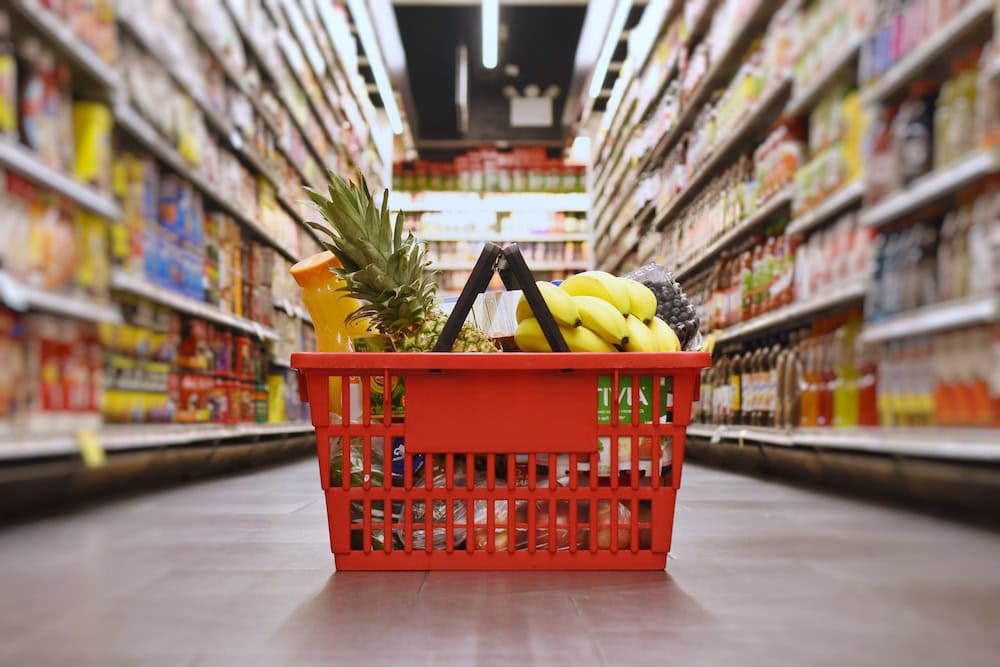
Recommendation 2:
An economy-wide prohibition on unfair trading practices should be introduced into the Australian Competition law.
There has been no tangible progress.
The National Farmers Federation (NFF) understands there is a conversation progressing at an inter-governmental level, with states holding the primary responsibility for fair trading.
“NSW Farmers strongly urges the Government to act on this recommendation immediately,” says NSW Farmers President James Jackson.
NSW Farmers is also seeking a NSW Budget commitment from the NSW Government to take the lead in harmonising legislative practices that would help resolve competition issues in agriculture.
Recommendation 3:
The Food and Grocery Code should be strengthened, including making it mandatory for retailers and wholesalers, as well as introducing significant penalties for contraventions.
There has been no tangible progress.
“Commodity specific work is being progressed by the Department of Agriculture Price Transparency Project, and we commend the department for this work,” says NFF Chief Economist Ash Salardini.
“We would love to see Treasury, the portfolio responsible for competition policy, step up and take a more proactive role in implementing recommendations from an inquiry they established.”
The federal government appointed Independent Reviewer of the Food and Grocery Code, Chris Leptos, did release his first annual report last year.
A survey of suppliers found around 30 per cent of Woolworths and Coles respondents identified ‘fear of retribution’ as a key impediment to raising an issue under the Code. This level of retribution was feared by 17 per cent of Metcash respondents, and 11 per cent for Aldi respondents.
Recommendation 4:
Governments and industries should explore measures to increase price transparency in PAG industries, in order to increase competition in those industries.
The Australian Government has committed $5.4 million for projects to improve price and market transparency in Perishable Agricultural Goods (PAG) supply chains.
Applications for a $5 million industry grants program closed on 22 February and are designed to “fund education and training, technologies, products and processes.”
NSW Farmers will submit a project proposal to improve transparency and increase competition across the poultry meat supply chain.
ACCC actions
Action 1:
Investigate the potential unfair contract terms identified in the chicken meat industry. Following the PAG Inquiry, the ACCC commenced an investigation into potential unfair contract terms in chicken meat agreements between processors and growers.
This investigation is ongoing.
Action 2:
Investigate reports that horticulture wholesalers are trading without Horticulture
Produce Agreements. During 2021, the ACCC undertook compliance audits on several horticulture traders to check compliance with the Horticulture Code. These audits sought copies of documents required to be kept under the Code including copies of signed Horticulture Produce Agreements and Grower Statements required to be given to growers.
The ACCC is also looking at compliance with the requirement to publish a trader’s terms of trade. The ACCC is assessing responses received from traders and intends to provide an update to the industry in 2022.
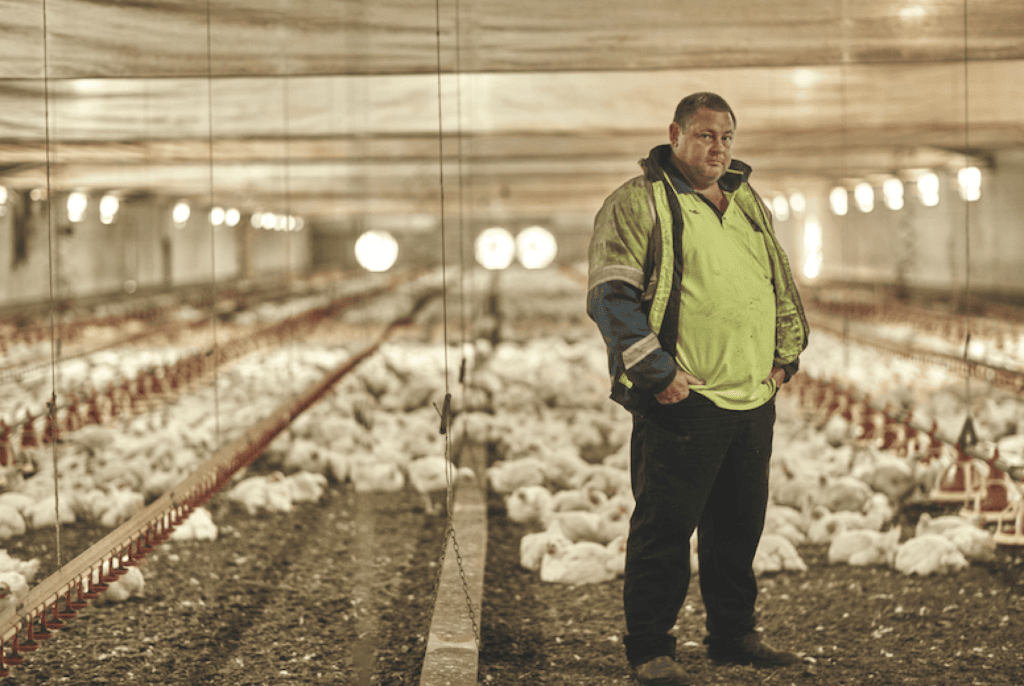
Action 3:
Engage directly with agricultural industry associations in 2021 to explain how the ACCC’s new small business collective bargaining class exemption may be beneficial and how businesses can access the regime.
In June 2021, the ACCC made the first-class exemption for small businesses, meaning small businesses who meet the threshold can now use the ACCC’s class exemption for collective bargaining without first having to seek ACCC approval.
The ACCC has produced guidance material on class exemptions and have engaged with industry groups via the ACCC’s Agriculture Consultative Committee, Agriculture Information Network and directly with some industry groups.
ACCC’s Perishable Agricultural Goods (PAG) Inquiry Timeline
28 June 2020: NSW Farmers calls for a Treasury directed ACCC inquiry into the poultry meat industry.
7 Aug 2020: ACCC commences review of chicken meat industry in Australia.
26 Aug 2020: Treasurer, the Hon. Josh Frydenberg MP, directs the ACCC to commence a three-month inquiry into bargaining power imbalances in supply chains for Perishable Agricultural Goods (PAG) in Australia. The chicken meat review was merged into this inquiry.
3 Sept 2020: The ACCC invites submissions in response to the terms of reference. The inquiry examined markets for meat products, eggs, seafood, dairy products and horticultural goods. NSW Farmers provides a submission.
10 Dec 2020: The ACCC’s report was publicly released.
09 Feb 2022: A Bill to strengthen the existing Unfair Contract Terms legislation introduced to Parliament.
If you enjoyed this feature, you might like our story on R&D and the bright future of ag.


